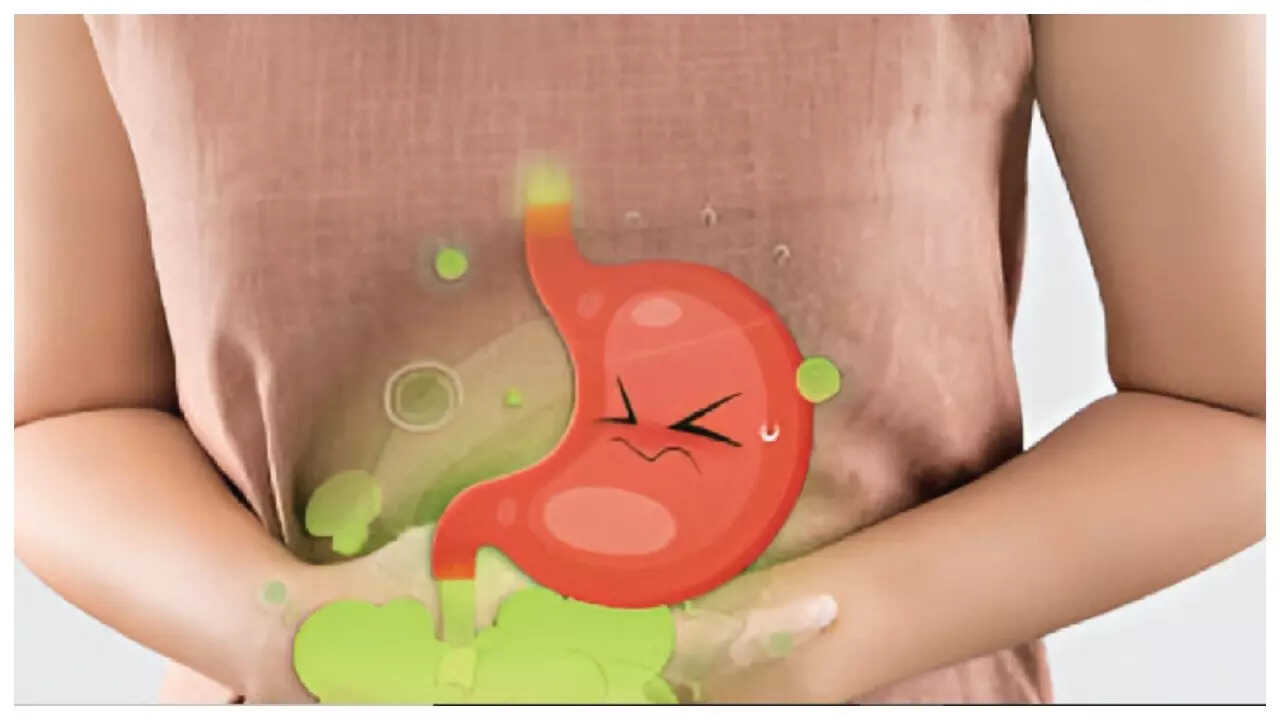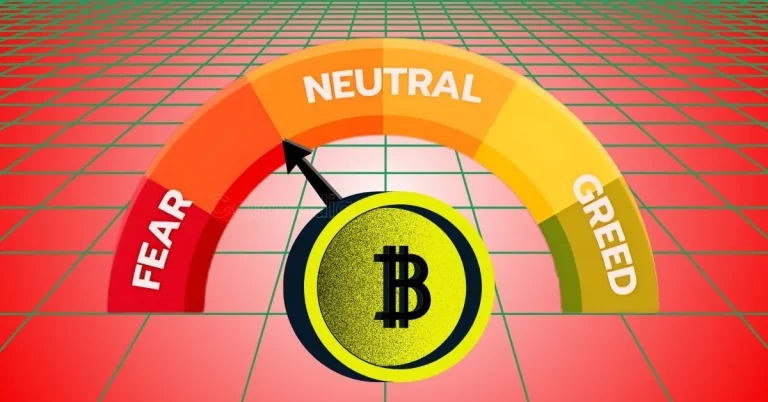
Japan reported an age-standardised incidence rate of 27.6 per 100,000 people in 2022, with 126,000 new cases diagnosed each year. The country continues to be among the regions most affected by stomach cancer. The traditional consumption of salty pickled and smoked foods in Japan’s diet has historically elevated stomach cancer risk. Stomach cancer, also known as gastric cancer, is a malignant tumor that develops in the stomach lining. It’s the fifth most commonly diagnosed cancer globally. Stomach cancer occurs worldwide, but certain nations experience significantly higher occurrences than others. Reasons behind high incidence in countries like Mongolia include traditional diets, Helicobacter pylori infection, and limited healthcare access. Japan’s high rates are attributed to dietary habits, elderly population, and prevalent Helicobacter pylori infection. South Korea and countries like Iran and Tajikistan also face similar challenges, with common risk factors including diet, infection rates, and healthcare accessibility. Learn why these countries have elevated stomach cancer rates compared to regions with lower incidence rates.






